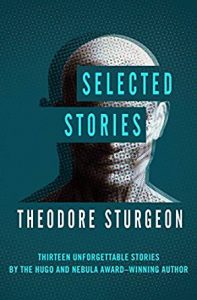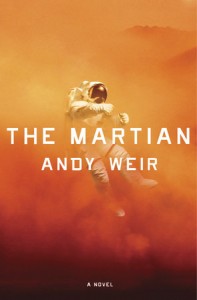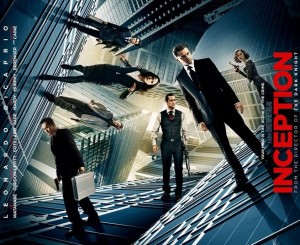 I never heard of Theodore Sturgeon, even though he is supposed to be one of the godfather’s of science fiction. But, his book was highly rated on Amazon and it was on sale so…
I never heard of Theodore Sturgeon, even though he is supposed to be one of the godfather’s of science fiction. But, his book was highly rated on Amazon and it was on sale so…
Selected Stories is a collection of his short stories. Some of these are down-right weird and I didn’t follow them all. But, they all deal with what happens to people when you put them in weird and extreme environments, with one of the last stories explicitly about how people respond when they are stressed. Each case is different, each stressor is different. In one case, a society begins to punish anyone that wants to be alone, that doesn’t want to constantly be with others. In another, a construction crew working on a remote island have to deal with heavy equipment that becomes possessed by some malevolent entity.
Sturgeon has a marvelous and curious way with words. Phrases like “the music curved off and away to the places where music rests when it is not heard” and “He was a man who missed only the obvious, and there is so little that is obvious.” In one story, about a group of humans that find themselves stranded on an alien world and the way evolution works on that world, Sturgeon says “They worked like slaves, and then like scientists, which is a change of occupation but not a change of pace.” His words convey ideas that are so odd, it is a wonder to think of where he got them. Where does a mind wander to think of the things he thought of?
A lot of his stories deal with perception and knowledge and how reality maybe doesn’t always mesh with how we think it is. “Wouldn’t we live in a funny world if we had to understand everything that was real, or it wouldn’t exist? It’s always good to know why. It isn’t always necessary.” In another story, he sort of continues this idea: “There’s always a reason for everything, and if we don’t know it, we can find it out. But just one single example of real unreason is enough to shake our belief in everything. And then the fear gets bigger than the case at hand and extends to a whole universe of concepts labelled ‘unproven.’ Shows you how little we believe in anything, basically.” Not only is it hard to to understand the universe, but our understanding is often based on ideas or beliefs that are fragile and easily shaken, even destroyed.
Perhaps my favorite story is “The [Widget], the [Wadget], and Boff,” a story about people being intentionally stressed to make them move beyond their self-imposed limitations. In this story I feel like Sturgeon makes some pretty profound observations. I don’t want to give away the story, but, in one case, a man realizes that he has been so stressed about not being average, not being like everyone, then realizes that no one is average, that average describes a fictional human that is part of “one of the smallest minorities of all.” Few of us are literally average; average is all of us put together in some odd amalgamation. Sturgeon has another character who reflects on the nature of law, and if it is meant to be “a great stone buttress, based in bedrock and propping up civilization” or “an intricate, moving entity.” Very relevant for how our Supreme Court justices interpret the Constitution.
Sturgeon died in 1985. But, his stories had a real connection to our current day. He saw what might become and forced his characters to deal with it: “but what can you do in a world where people… [will] fall over themselves to pour billions into developing a new oil strike when it’s been proved over and over again that the fossil fuels will kill us all?”
Perhaps my favorite line in all of his stories in this collection: “If you ask a question the right way, you’ve just given the answer.” An interesting perspective particularly in the pursuit of science.

